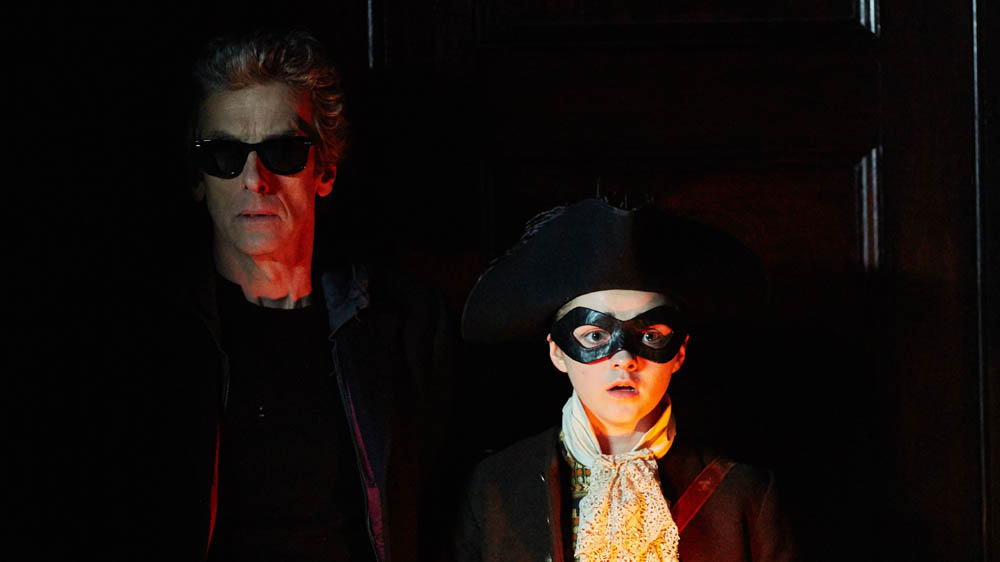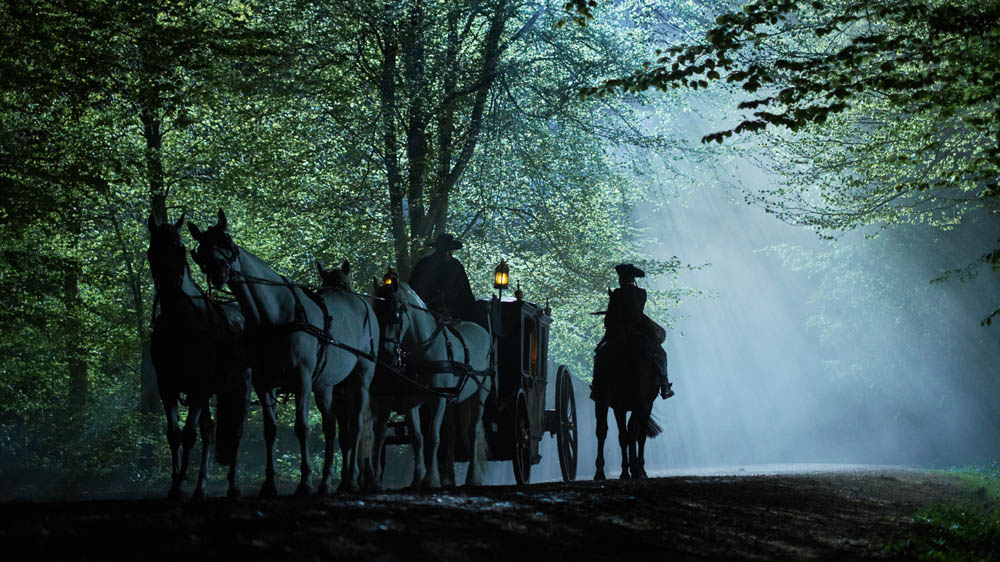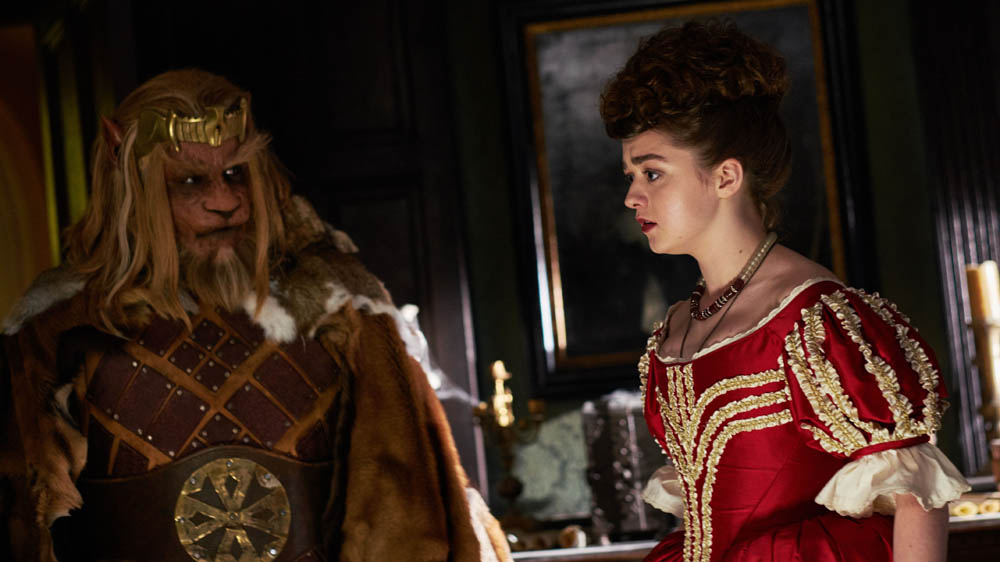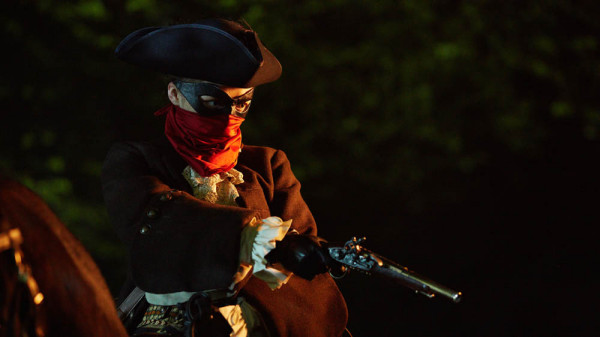‘The Woman Who Lived’ is an unlikely episode of Doctor Who for at least three reasons.
Firstly, it is written by a woman – something which shouldn’t be an oddity, but sadly is. Secondly, in taking us to Stuart England, in 1651, it explores unusual historical territory for a series which is typically content to visit the Victorian and Edwardian eras, with occasional jaunts to Roman and Tudor times. Thirdly, it forms the second part of an adventure which has already concluded.
Functioning as the flipside to ‘The Girl Who Died’, and a continuation of its themes, it is essentially a study of immortality: a chance for two travellers in time – one who takes the long way round, the other who cheats – to sit down and compare notes.
It is a different Ashildr we see this week, one who gets plenty of screen time with Capaldi’s Doctor, and Maisie Williams is more than able to rise to the challenge. By turns, petulant, vulnerable and imperious, she is required to do the trick usually reserved for Time Lords – be both young and old at the same time. She can swash a buckle too – bringing to mind Margaret Lockwood in The Wicked Lady, but gifted enough lines of pride and longing to reveal the existential crisis behind the bravado.

It’s like watching a teenager raiding the dressing up box then deliberately, spitefully, breaking all the toys; but it’s also huge fun. You don’t show the Doctor caught up in the schemes of a highway robber and ignore the potential for comedy. This is a Doctor who began his life careering on horseback in a nightgown, and he’s lost none of his skills of horsemanship here.
As for the other characters, they only really get a chance to shine in the second half of the episode, so front-loaded is it to exploring the implications of its title. Still, when they come, they bring welcome comic relief, often of the blackly comedic kind and, in one case, with the (ahem) biggest sexual innuendo we’ve heard outside of a Steven Moffat story.
That’s the trick of ‘The Woman Who Lived’ – apparently a more languorous and meditative instalment of Who than we have become used to, it’s actually hugely traditional: the kind of adventure which, in the 1980s, wouldn’t have seemed out of place following ‘The Visitation’.

It shares with so many ’Eighties stories, too, an interest in aliens who have come through the cat flap. The story’s monster-of-the-week brings to mind, in different ways, the Tharils, the Cheetah People and the Garm; but it’s a cinematic influence that’s most obvious, with the lushly fantastical visual deliberately evoking Cocteau’s La Belle et La Béte.
It’s odd to think that, 26 years after Rona Munro plundered her litter box of cat metaphors to tell a story about survival and womanhood, another female writer, Catherine Tregenna, should step forward to do the same again. And we shouldn’t – we really shouldn’t – keep going on about the utterly ordinary fact of their common gender.
Still, when the number of women writers for televised Doctor Who, over almost 52 years, reaches the grand total of seven (eight come ‘Face the Raven’ next month), it does raise the question about what it is we have missed.

Stories about female fortitude that reveal the freedom that comes in assuming male roles, and do so in yearning, poetic dialogue, are hardly the preserve only of women authors. (Hello there, Mr Shakespeare!) All writers, at whatever level, explore a relationship to both maleness and femaleness. Even so, when the ledger has been weighted for so long, you must assume there’s an interest in balancing the books.
Catherine Tregenna helps to balance the books, and does so in grand style. On the basis of ‘The Woman Who Lived’, we certainly hope to hear her voice in Doctor Who again.
![]()
Airs at 8.20pm on Saturday 24 October 2015 on BBC One.
> Buy Season 9 on DVD on Amazon.
> Buy Season 9 on Blu-ray on Amazon.
Are you looking forward to the episode? Let us know below…

